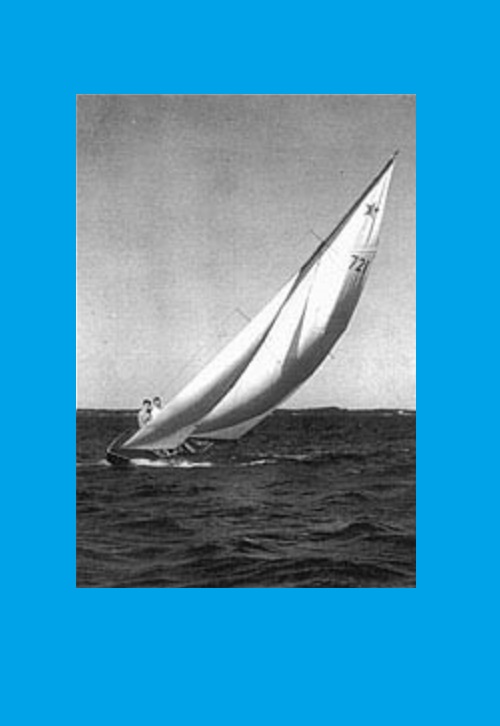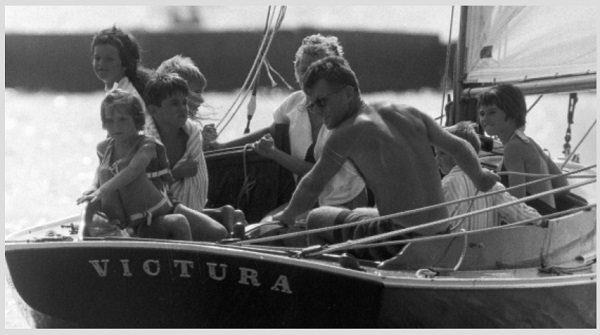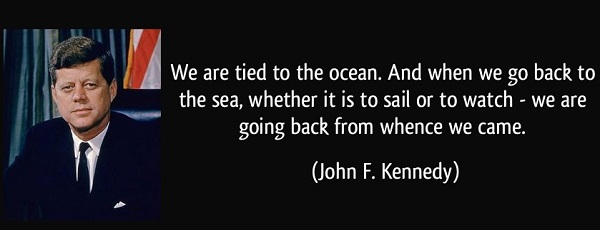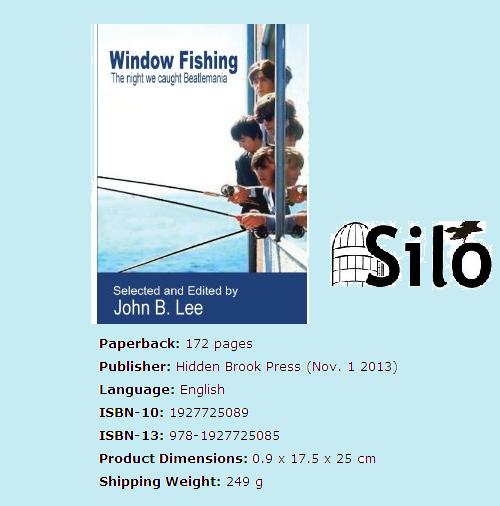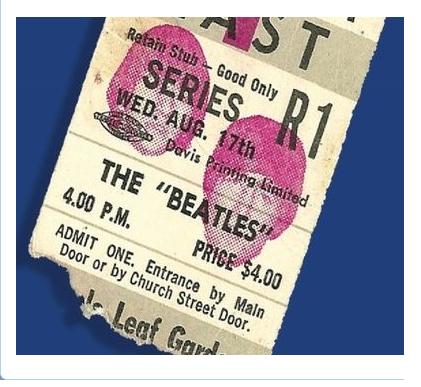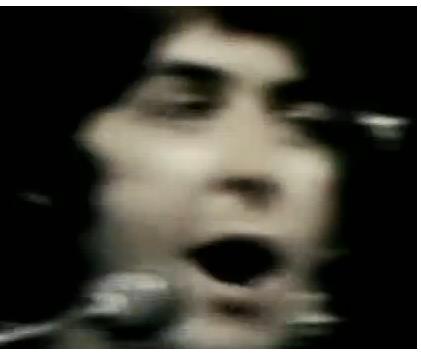James W. Graham’s new book — Victura: the Kennedys, a Sailboat, and the Sea –offers new insights into the dynamics and magic of the Kennedy family and their intense relationship with sailing and the sea. Many families sail together, but the foot sloop purchased in 1932 shortly s move to Hyannis Port, stands apart.
Throughout their brief lives, Joe Jr., Jack and Bobby spent long hours on Victura, competing in countless races every summer. They were joined by their younger brother Teddy when he grew old enough. Joe Jr. and Jack ranked among the best collegiate sailors in New England, driven by their father Joseph P. Kennedy who insisted that winning was essential. Among their sisters, Eunice emerged as a gifted sailor and fierce competitor, the equal of any of her brothers.
Tracking their story beginning in 1932 when Jack was 15 and continuing today in an identical family boat of the same name, readers will learn to admire the Kennedys for what Victura taught them about life, family, leadership, determination, winning, and dealing with tragedies.
Celebrating the sailboat’s deep influence on Jack, Bobby, Ethel, Ted, Eunice and other Kennedys, it offers a new way of experiencing their intimate sibling relationships and growth as an extended family. Kennedys credit young Jack’s sailing with helping him survive the sinking of his PT boat in the Pacific. Life magazine photos of Jack and Jackie on Victura’s bow helped define the winning Kennedy brand in the 1950s. Jack doodled sketches of Victura in Oval Office meetings, and his love of seafaring probably played a role in his decision to put a man on the moon, an enterprise he referred to as “space-faring.”
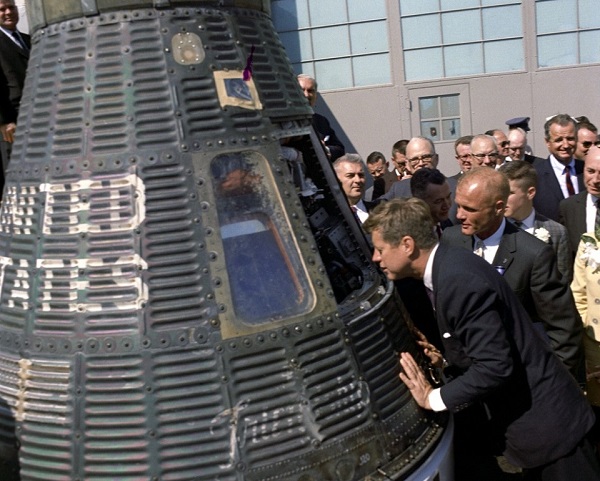
When the Kennedy siblings married, sailing connected them with their children and nephews and nieces. Sailing was an everyday event, even in dangerous weather and in the darkness of night. The sport influenced how they celebrated and observed happy events, managed grief, and grew close to one another.
Ted loved Victura as much as any of them. In the years following the untimely deaths of his three older brothers, Ted sailed with his children and the children of his lost brothers as crew. He also sailed past the shoals of personal shortcomings and an ebbing career to become known as the “Lion of the Senate,” helping fulfill patriarch Joe Sr.’s desire that his children pursue careers in public service rather than in business.
Rich with colorful and intimate anecdotes, the book features author interviews with family members, including children of Ted, Robert and Ethel Kennedy. Victura is a story of redemption, strong family bonds, character, sport, tragedy, the power of metaphor and the influence of a little boat on the lives of great men and women.
In Victura, James W. Graham charts the progress of America’s signature twentieth century family dynasty, in a narrative both stunningly original and deeply gripping. This true tale of one small sailboat is an invaluable contribution to our understanding of the impressive story of the Kennedys. For the Silo, Jim and Lynda O’Connor, and Paul Krupin.
Victura
The Kennedys, a Sailboat, and the Sea
James W. Graham
ForeEdge, an imprint of the University Press of New England
$29.95 cloth 978-1-61168-411-7
$22.99 ebook 978-1-61168-599-2
Official publication date: April 1, 2014
280 pp., 28 illus., 6 x 9″
About the Author
James W. Graham, a communications and public affairs professional for a major-brand retailer, was a senior adviser to former Illinois Governor Jim Edgar and the Illinois House of Representatives. He races and cruises his sailboat Venturous out of Wilmette Harbor, north of Chicago.
What People Are Saying
“This wonderfully-written book takes a well-worn subject — the Kennedys — and gives it as fresh a gust as the sailors on the sturdy, little Victura themselves must have felt a thousand times off the Nantucket shore. In going to sea on board the Victura, Joe, Jack, Bobby and Teddy Kennedy entered their metaphor of quest, braced themselves for the unknown, and left their country, in the end, with an imperishable poignancy in its heart.”
— Richard D. Mahoney, author, Sons and Brothers
“The Kennedys saw the world and nature as a magical place, full of mystery and adventure. They especially enjoyed challenges and the freedom of activities like sailing, skiing, river running, climbing and just being outside. Two thirds of the surface of planet earth is liquid: the sea is vital to life — a huge source of both pleasure and fear — and a great teacher. Victura, a small wooden sailboat, became
the center of adventure, companionship and love for this remarkable family. Author Graham knows the sea, sailing and the Kennedys. Sail on Victura, to new horizons.”
— Jim Whittaker, first American to summit Mt. Everest, former CEO of REI, author of Life on the Edge: Memoirs of Everest and Beyond.
“Victura is more than Graham recounting the sailing experiences of the Kennedys. In this well-researched but warmly written book, Graham sometimes goes several pages describing an election, or a Kennedy family intrigue, and then gracefully brings the
story back to the sea, showing how, in best and worst of times, the family pulled together around sailing.”
— Rich Evans, book review, SAILING magazine, March 2014
